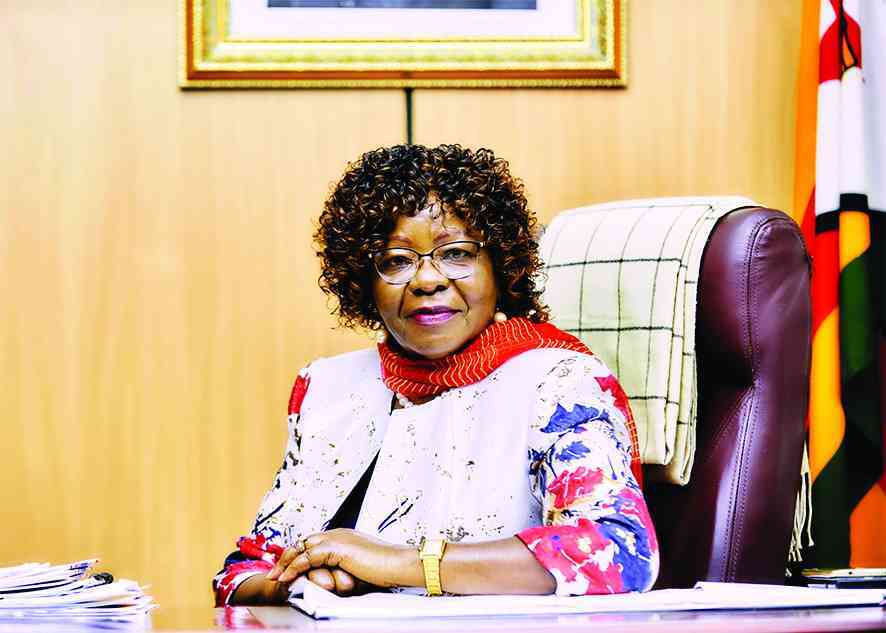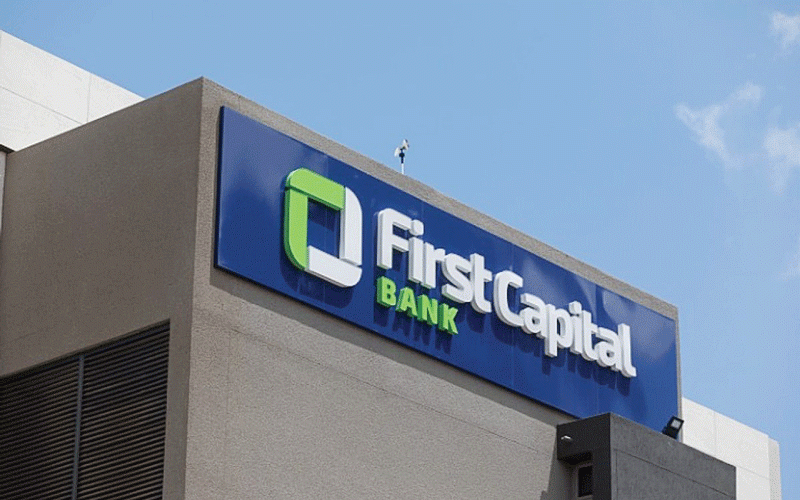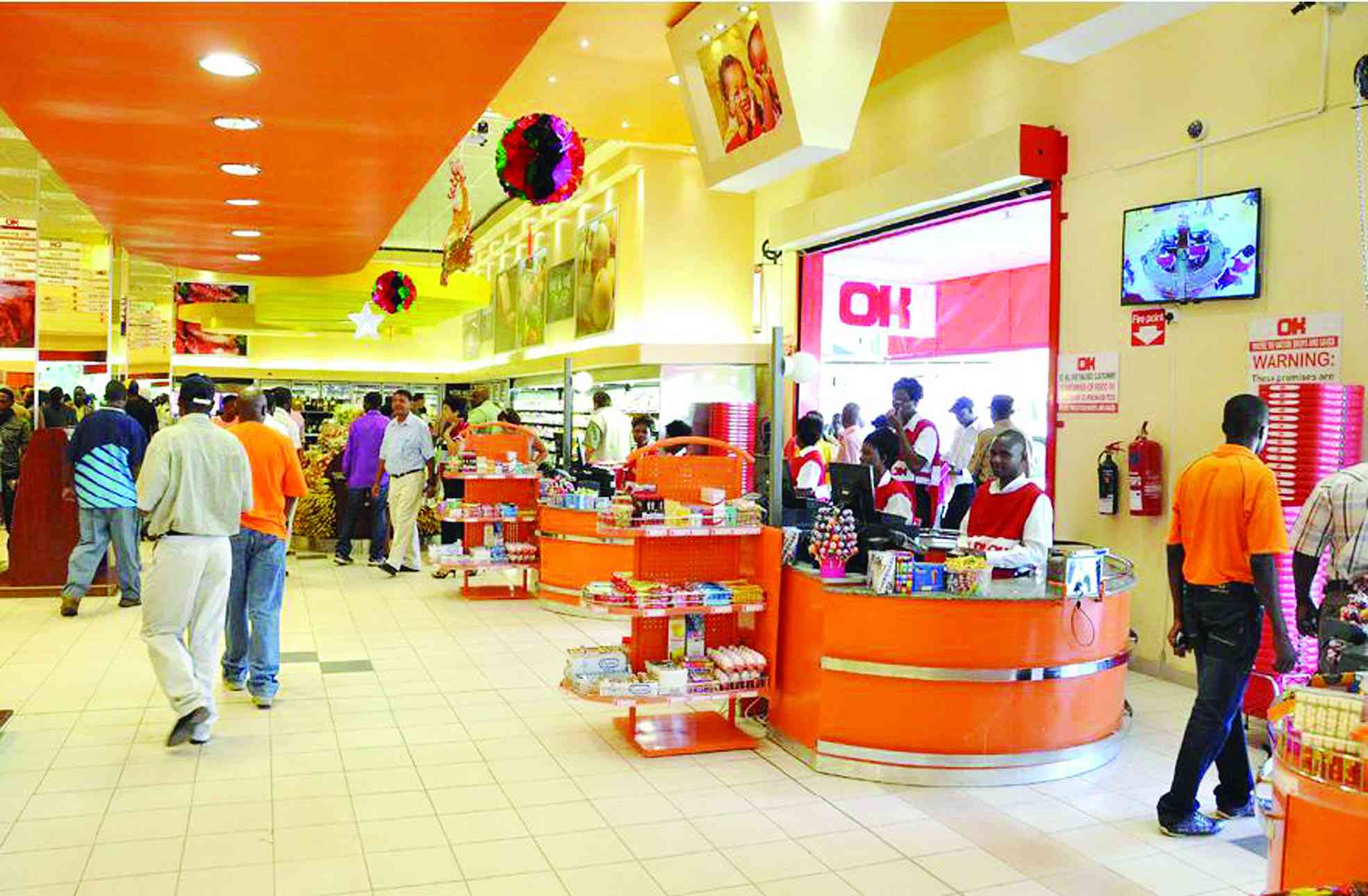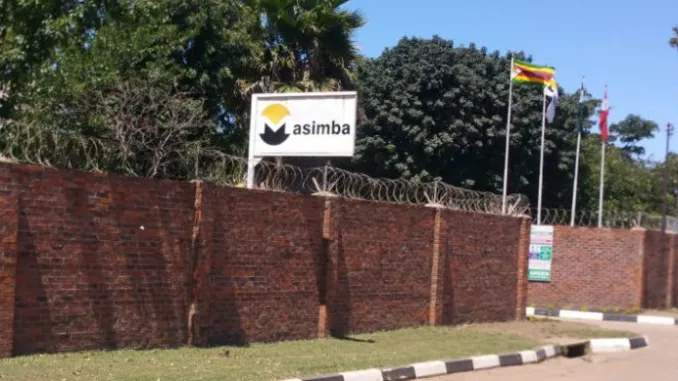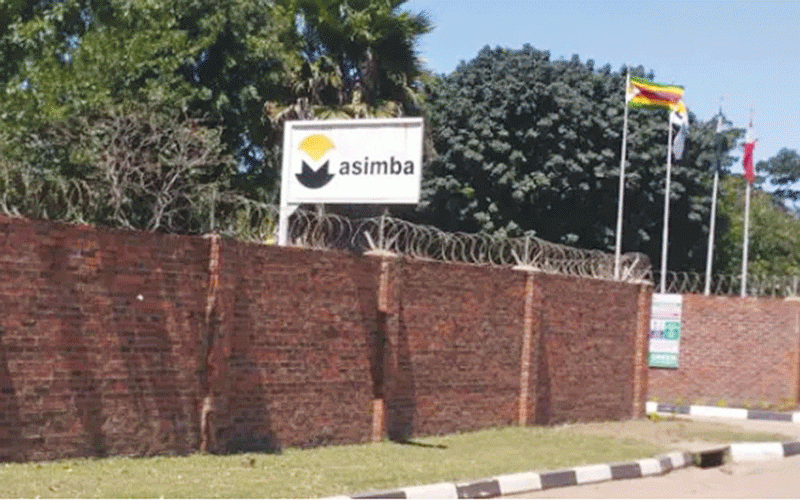
CONTRACTING and industrial firm, Masimba Holdings Limited (MHL) says it has an order book valued at US$104 million across several industries in both the private and public sectors.
According to the firm, the order book, comprising roads and earthworks, water, housing, mining and energy infrastructure, is evenly balanced between the public and private sectors.
In a statement attached to its financial results for the year ended December 31, 2022, MHL chairperson Greg Sebborn said the state of infrastructure in the country presented opportunities for the firm.
“The group has a firm order book valued at US$104 million as at the reporting date, with tenures of between six to 18 months. The order book, which is evenly balanced between private and public sectors, is spread over energy, housing, buildings, roads, mining and water infrastructure,” he said.
“The current state of infrastructure in the country presents opportunities for the group as evidenced by a long project pipeline and increased tendering activities. Unlocking of these opportunities is dependent on the continued stability of the economy. In this regard, we implore the authorities to continue pursuing a balanced and sustainable fiscal policy.”
Government’s total investment requirement for infrastructure and utilities between 2021 and 2025 reportedly stands at US$19,68 billion.
For 2023, the infrastructure and utilities sector requires US$5,07 billion.
“We applaud the government’s continued investment in infrastructure development, being the key enabler to economic development,” Sebborn said.
- Rampaging inflation hits Old Mutual . . . giant slips to $9 billion loss after tax
- Monetary measures spur exchange rate stability: RBZ
- Zim deploys IMF windfall to horticulture
- Banker demands $21m from land developer
Keep Reading
During the period under review the group posted an 83% increase in revenue which amounted to $46,33 billion compared to $25,28 billion for 2021.
The growth during the period under review was on the back of a firm order book in the roads and earthwork, mining, buildings and housing infrastructure segments.
“Revenue earned in United States dollars improved to 65% (2021: 35%) as a proportion to total revenue. The associated foreign currency-denominated revenue and costs are converted to Zimbabwe dollars based on the willing-buyer willing-seller rate as published by the Reserve Bank of Zimbabwe,” Sebborn said.
“Earnings before interest taxes depreciation and fair value adjustment (EBITDFVA) increased to $13,18 billion (2021: $5,40 billion). The earnings growth was mainly attributable to improved operational efficiencies and exchange gains of $4,8 billion (2021: $197 million) arising from a net foreign currency asset position.”
The EBITDFVA helped raise profit after tax to $11,53 billion during the period under review, a 241% increase over the 2021 comparative of $3,38 billion.
Sebborn said the financial position of the group strengthened to $58,9 billion from a 2021 comparative of $39,2 billion, which was in line with the company’s growth and value strategies.
“Total capital expenditure incurred in property, plant and equipment and investment property amounted to $4,4 billion (2021: $2,6 billion) and $66 million (2021: $1 billion) respectively, which collectively translated to an equivalent of US$6,7 million (2021: US$11,3 million),” he said.
“In addition, the increase in the financial position is attributable to the revaluation and fair value measurement of property, plant and equipment and investment property. In this regard, revaluation surplus and fair value gains realised in the year amounted to $8,3 billion (2021: $156 million) and $4,3 billion (2021: $1,3 billion), respectively.”
This means the group managed to improve its liquid position and ended the period in a position to handle any short-term debts should they become due.
“This temporary suspension of payments was part of an array of measures put in place by the fiscal authorities to mitigate speculative trading,” he said.
- Follow us on Twitter @NewsDayZimbabwe

